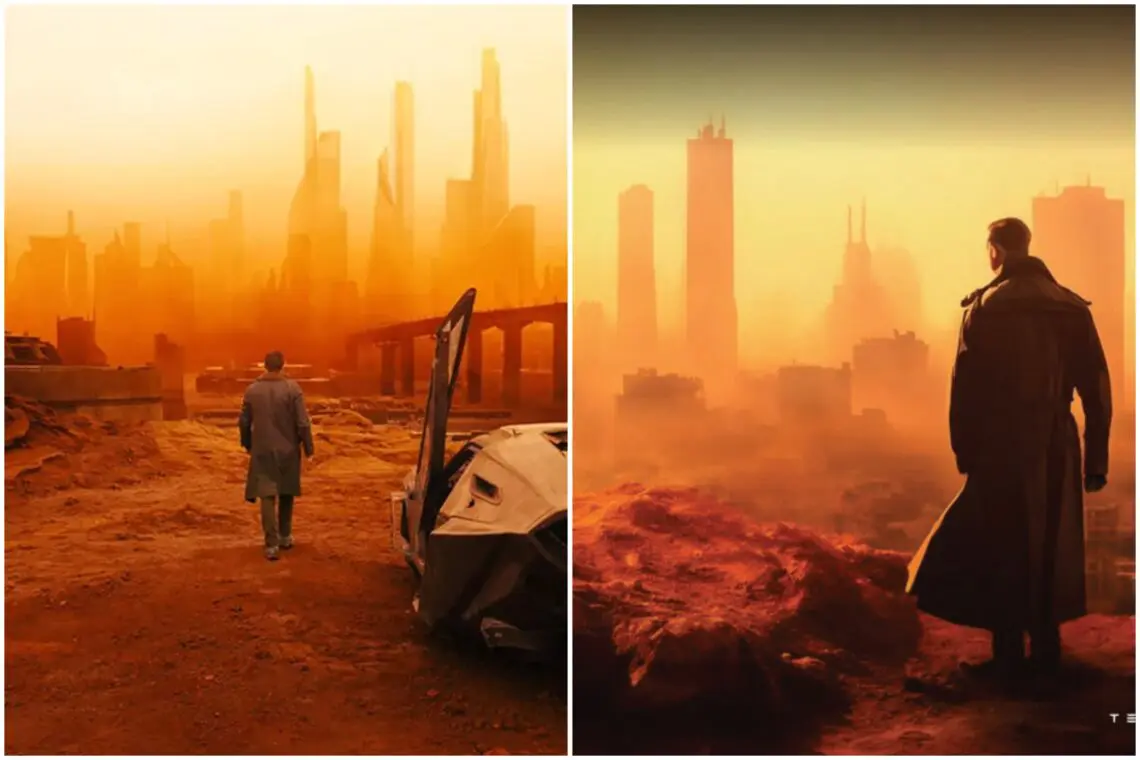Elon Musk and Tesla clash with Blade Runner 2049 producers over AI image
Alcon Entertainment, the producers behind the critically acclaimed “Blade Runner 2049,” have levelled serious accusations at Elon Musk and Tesla. They claim that Musk used an AI-generated image mimicking an iconic scene from the movie to promote Tesla’s new self-driving taxi, even after Alcon refused to grant any rights related to the 2017 sci-fi masterpiece.
Musk’s provocative response and silence from Tesla
Rather than addressing the specifics of the complaint, Musk responded to the lawsuit in his typical controversial manner, dismissing the movie with a blunt statement: “That movie sucked.” Neither Tesla nor Warner Bros. Discovery, which is also named in the lawsuit, have offered any comments on the litigation.
Intellectual property at the forefront
Legal complexities
The strength of Alcon’s arguments is under scrutiny. Industry experts agree that Alcon faces a challenging battle in proving that Musk and Tesla directly infringed on the copyrights of “Blade Runner 2049.” Intellectual property (IP) lawyers highlight the challenge in demonstrating that the AI-generated image used by Musk is substantially similar to the iconic scene from “Blade Runner 2049.” This is crucial, as the legal crux lies in whether the imagery is indeed “substantially similar” to warrant such claims.
Substantial similarity dilemma
A notable case in point is the 2018 ruling by the 9th Circuit Court of Appeals, where they determined that Nike’s Jumpman logo depicting Michael Jordan did not infringe on a 1984 photograph by Jacobus Rentmeester, even though the images bore a resemblance. Courts have maintained high standards in proving “substantial similarity” in copyright cases, making Alcon’s task particularly daunting.
Alcon’s alternative arguments
False endorsement
Although Alcon’s direct copyright infringement claim might be precarious, the company might pivot towards allegations of “false endorsement.” This would imply that Musk and Tesla intentionally misappropriated the iconic imagery to suggest an unauthorized endorsement by the “Blade Runner” franchise. Attorney insights suggest that this argument might hold more weight in court, bolstered by Musk’s public comments at the Tesla Robotaxi event. During the event, Musk openly referenced “Blade Runner,” arguably attempting to leverage the brand’s goodwill for Tesla’s benefit.
Continued relevance of the Blade Runner franchise
Further complicating matters for Musk, Alcon highlighted that a new “Blade Runner 2099” series is in the works, set to premiere on Amazon Prime Video and currently filming in Europe. The franchise’s ongoing relevance and potential partnerships with other automotive brands could lend more credence to Alcon’s claims that Tesla’s unauthorized use of the imagery might harm their brand and partnerships.
Political and personal undertones
A statement beyond the courtroom
There’s speculation that Alcon’s lawsuit may not be solely about copyright infringement. The complaint includes pointed remarks about Musk’s political and public behavior, describing it as capricious and sometimes veering into hate speech. This aspect suggests that Alcon, supported by influential backers, might be making a broader political statement. The lawsuit echoes actions taken by musicians who demanded political figures cease using their music during campaigns without authorization.
AI: The incidental player
While AI-generated images are at the center of this controversy, the use of AI is somewhat incidental to the main legal issues at play. The real conflict lies in copyright and endorsement violations rather than the technology itself. This aligns with similar disputes, such as when Scarlett Johansson faced unauthorized use of a voice similar to hers by OpenAI for a conversational ChatGPT system.
What lies ahead?
Possible settlement or prolonged battle?
The scenario remains uncertain. Legal experts suggest that while settlements are common, they are unpredictable when dealing with personalities like Musk. The question for the defendants is whether the public perception and potential reputational damage are worth a prolonged legal battle.
In this ongoing legal saga, the intersections of technology, intellectual property, and public persona are on full display, offering a fascinating glimpse into how modern disputes are more complex and multifaceted than ever.
For more updates on this story and other industry insights, share this article on social media or stay tuned to our site for continued coverage.

 Italian
Italian







